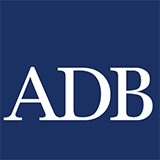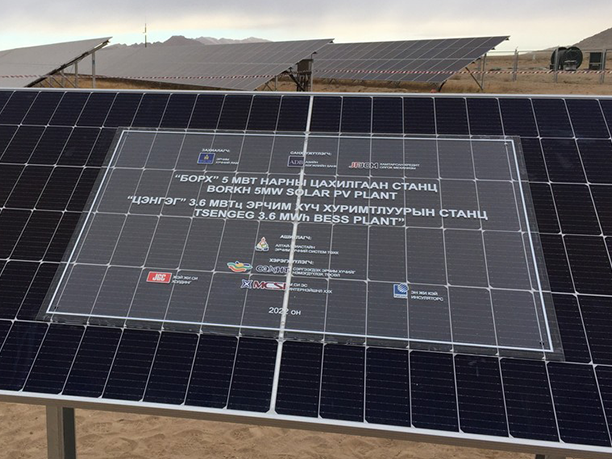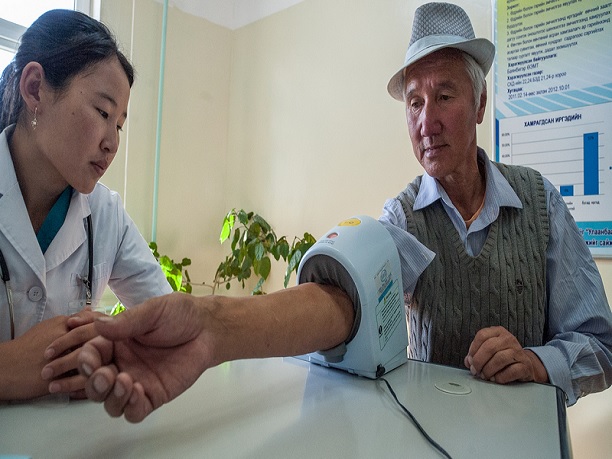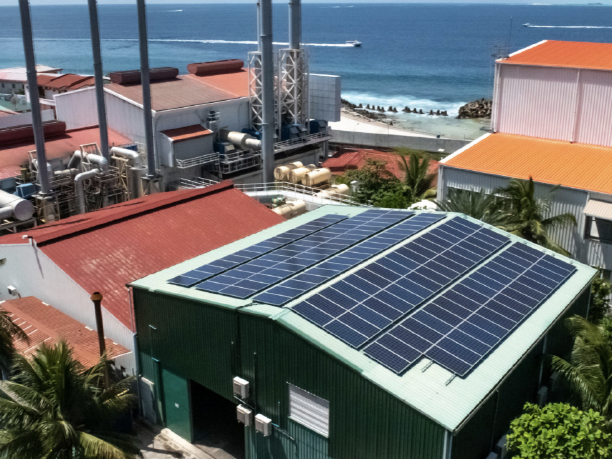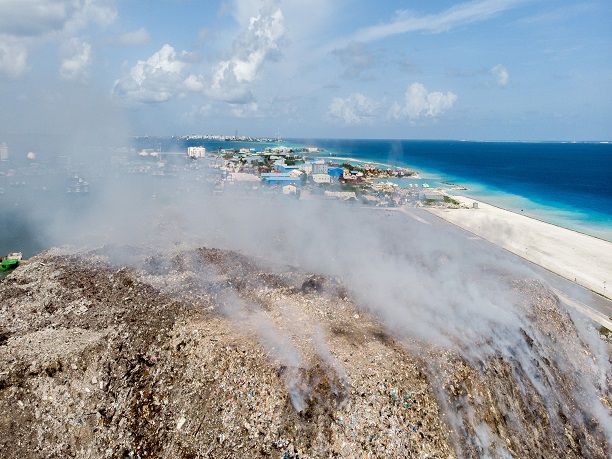The Japan Fund for the Joint Crediting Mechanism or JFJCM aims to provide financial incentives for adopting advanced low-carbon technologies in ADB-financed and -administered sovereign and nonsovereign projects and contribute to global climate change and development initiatives, such as the Paris Agreement and the Sustainable Development Goals. It provides grants and technical assistance to ADB projects utilizing the Joint Crediting Mechanism. The fund allows recipients to engage in projects with strong development characteristics and long-term climate change mitigation benefits.
In 2022, the Government of Japan provided ¥1 billion ($7.6 million) additional contributions to the fund.
News
ADB and the Government of Mongolia inaugurated a grid-connected renewable hybrid energy system in Zavkhan province under ADB’s Upscaling Renewable Energy Sector Project. Cofinanced by the Japan Fund for the Joint Crediting Mechanism and the Strategic Climate Fund, the system includes a 5-megawatt solar photovoltaic and 3.6 megawatt-hour battery energy storage system that will provide about 8.8 million kilowatt-hours (kWh) solar-generated and 1.3 million kWh charged and discharged energy in the Altai-Uliastai energy system.
ADB has approved its first multi-tranche financing facility (MFF) in Mongolia’s health sector. The $158.3 million MFF will provide high-quality health care services in selected disadvantaged ger areas of Ulaanbaatar, provinces, and subdistricts to support the government’s commitment to universal health coverage.

